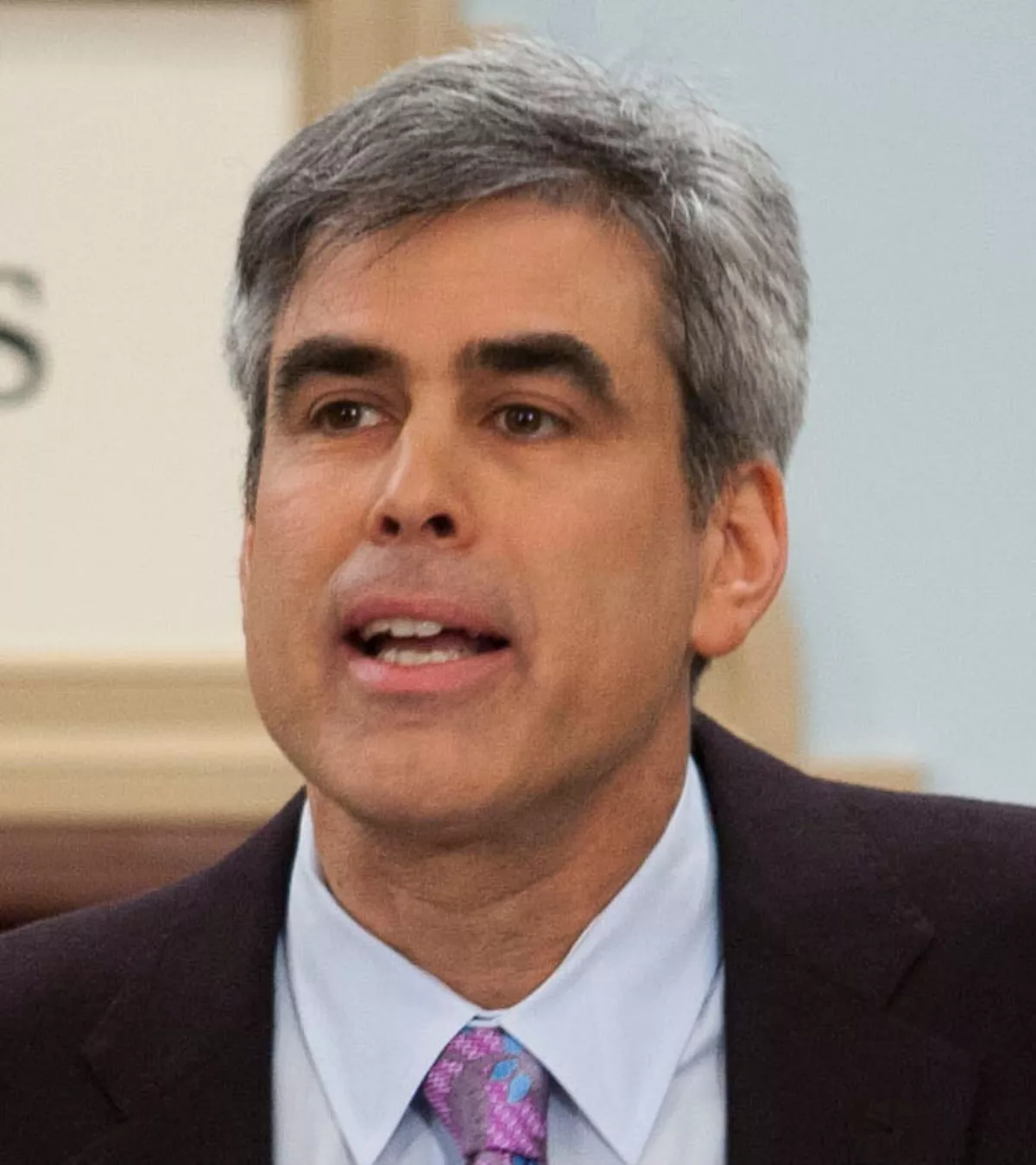 1.
1. Jonathan David Haidt is an American social psychologist and author.
Jonathan Haidt is the Thomas Cooley Professor of Ethical Leadership at the New York University Stern School of Business.
Jonathan Haidt has written multiple books for general audiences, including The Happiness Hypothesis examining the relationship between ancient philosophies and modern science, The Righteous Mind on moral politics, and The Coddling of the American Mind on rising political polarization, mental health, and college culture.
Jonathan Haidt was born to a secular Jewish family and was raised in Scarsdale, New York.
Jonathan Haidt's grandparents were Russian and Polish natives who immigrated as teenagers to the United States, where they became garment workers.
Jonathan Haidt described his upbringing as "very assimilated", identifying as an atheist by age 15.
Jonathan Haidt's father, an Ashkenazi Jew, was a corporate lawyer.
At age 17, Jonathan Haidt recalled that he experienced an existential crisis upon reading Waiting for Godot and existential literature.
Jonathan Haidt remained at Virginia until 2011, winning four awards for teaching, including a statewide award conferred by Governor Mark Warner.
Jonathan Haidt earned a reputation for challenging the general assumptions in moral psychology.
Jonathan Haidt's research, centered on the emotional origins of morality with particular focus on the emotions of disgust and elevation, led to the publication of The Happiness Hypothesis in 2006.
In 1999, Jonathan Haidt became active in the new field of positive psychology, studying positive moral emotions.
In 2004, Jonathan Haidt began to apply moral psychology to the study of politics, doing research on the psychological foundations of ideology.
In 2011, Jonathan Haidt moved to New York University's Stern School of Business as the Thomas Cooley Professor of Ethical Leadership, relocating to New York City with his wife, Jayne, and two children.
In 2015, Jonathan Haidt co-founded Heterodox Academy, a non-profit organization that works to increase viewpoint diversity, mutual understanding, and productive disagreement.
Together with Paul Rozin and Clark McCauley, Jonathan Haidt developed the Disgust Scale, which has been widely used to measure individual differences in sensitivity to disgust.
Jonathan Haidt called the emotion moral elevation, as a tribute to Thomas Jefferson, who had described the emotion in detail in a letter discussing the benefits of reading great literature.
In 2004, Jonathan Haidt began to extend the social intuitionist model to identify what he considered to be the most important categories of moral intuition.
Jonathan Haidt has made the case for Ownership to be an additional foundation.
One widely cited metaphor throughout Jonathan Haidt's books is that of the elephant and the rider.
Jonathan Haidt has participated in efforts to reduce political polarization in the United States.
Jonathan Haidt is on the advisory boards of RepresentUs, a non-partisan anti-corruption organization; and Braver Angels, a bipartisan group working to reduce political polarization.
In 2019, Jonathan Haidt argued that there is a "very good chance American democracy will fail, that in the next 30 years we will have a catastrophic failure of our democracy".
Jonathan Haidt was named one of the "top global thinkers" by Foreign Policy magazine in 2012, and one of the "top world thinkers" by Prospect magazine in 2013.
Jonathan Haidt posits that two major factors have contributed to a significant shift in childhood experiences and a subsequent increase in mental health issues among young people: The widespread adoption of smartphones and the rise of overprotective parenting styles.
Jonathan Haidt suggests that these factors have fundamentally altered how children grow up, leading to what he terms a "rewiring" of childhood.
Jonathan Haidt argues that this transformation began late in the first decade of the 2000s and has had detrimental effects on children's well-being.